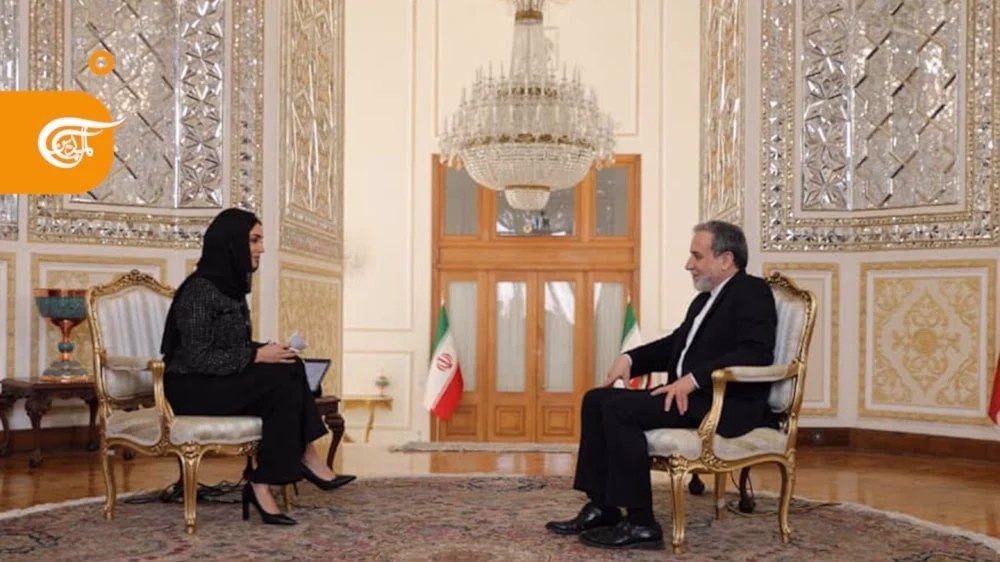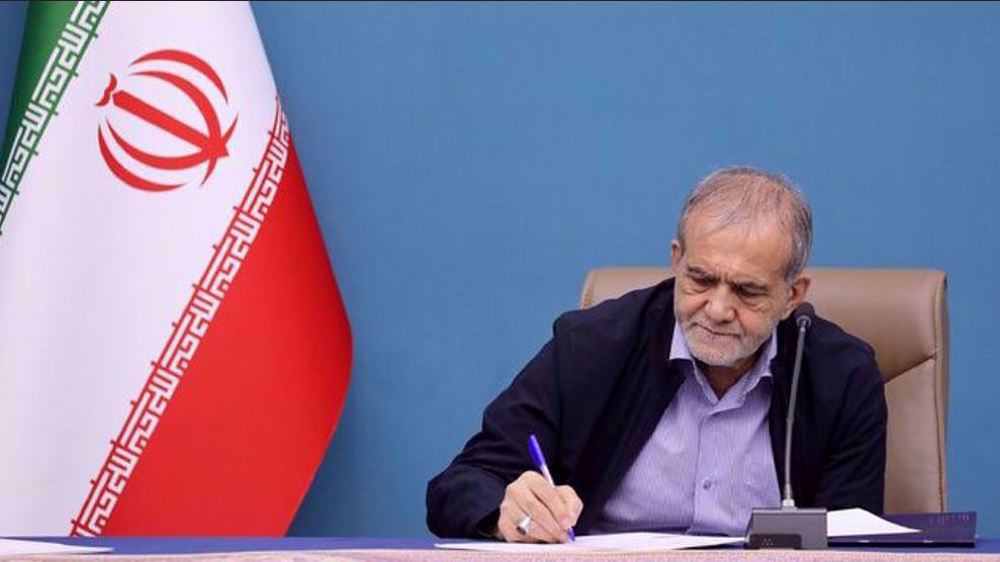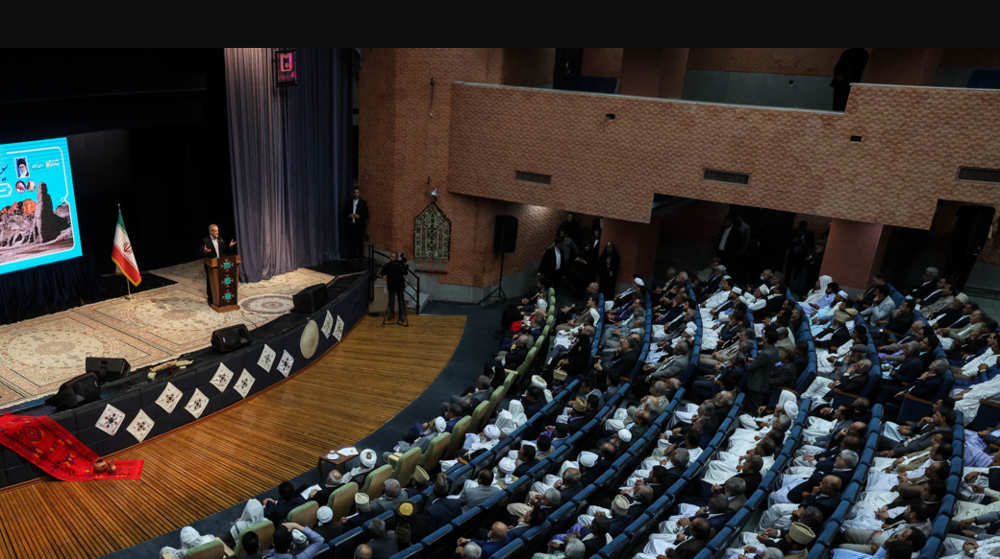Nuclear security threats increased under Trump: IAEA chief
The Director General of the International Atomic Energy Agency says the world has become a more dangerous place during the tenure of US President Donald Trump, urging next US president to return to nuclear negotiations with Iran.
"Iran is moving on with its nuclear program. As you know, this is not working, or operating in a vacuum. This is done in the framework of an agreement, which was signed by the P5 [the five permanent members of the UN Security Council: US, UK, France, Russia, and China plus Germany... back in 2015," Rafael Mariano Grossi told CBS News on Wednesday.
"You remember that the United States withdrew from this agreement back in 2018, a couple of years ago, and then from that moment on, Iran, as a reply, as a response to this, decided to gradually start diminishing its compliance with this agreement," he added.
Asked about his message to US President-elect Joe Biden, Grossi noted that, "I think he has indicated what his intentions are. A dialogue with us will be indispensable. Because since… the agreement was first signed, and the implementation of that agreement happened, to now, a lot has changed… The situation on the ground has changed. So, the negotiators, the policymakers in Washington and elsewhere, and in the other capitals including Tehran, will have to base themselves on the new situation on the ground."
The comments by Grossi come after Iranian President Hassan Rouhani said on Wednesday that Tehran is not excited about the election of Biden as the US president, but is happy with the departure of Trump, the “most rogue” and “law-breaking” American leader so far, who did not even abide by humanitarian principles in dealing with the Iranian nation.
He further expressed hope that the new US administration would honor its commitments under the 2015 nuclear deal with Iran, called Comprehensive Plan of Action (JCPOA), reiterating that Iran wants "security and stability in the entire world, and constructive nuclear with the countries willing to choose the path of dialogue."
Rouhani also stressed that today’s situation is completely different from that of 2015, when long-running negotiations culminated in the nuclear deal.
“In 2015, when we were negotiating the JCPOA, the sword of six resolutions was above our head, but today this sword is broken. Back then, the PMD (Possible Military Dimensions in the nuclear case) was another threat that does not exist today,” Rouhani said.
The JCPOA was signed between the Islamic Republic and the P5+1 group of countries and ratified in UNSC Resolution 2231.
However, Trump unilaterally pulled his country out of the JCPOA in May 2018 and reinstated the anti-Iran sanctions that had been lifted by the deal.
VIDEO | Press TV's news headlines
Iran FM: Response to Israeli aggression 'inevitable'
VIDEO | Iran eases the rules for exporting hand-woven carpets
VIDEO | Intl. Day for the Elimination of Violence against Women: A stark reminder of Gaza women
Australia denies ex-Israeli minister Shaked visa
VIDEO | 85% of Yemeni displaced people face daily hunger crisis
US House passes bill targeting charities and pro-Palestine groups
VIDEO | Supporting Gaza genocide











 This makes it easy to access the Press TV website
This makes it easy to access the Press TV website